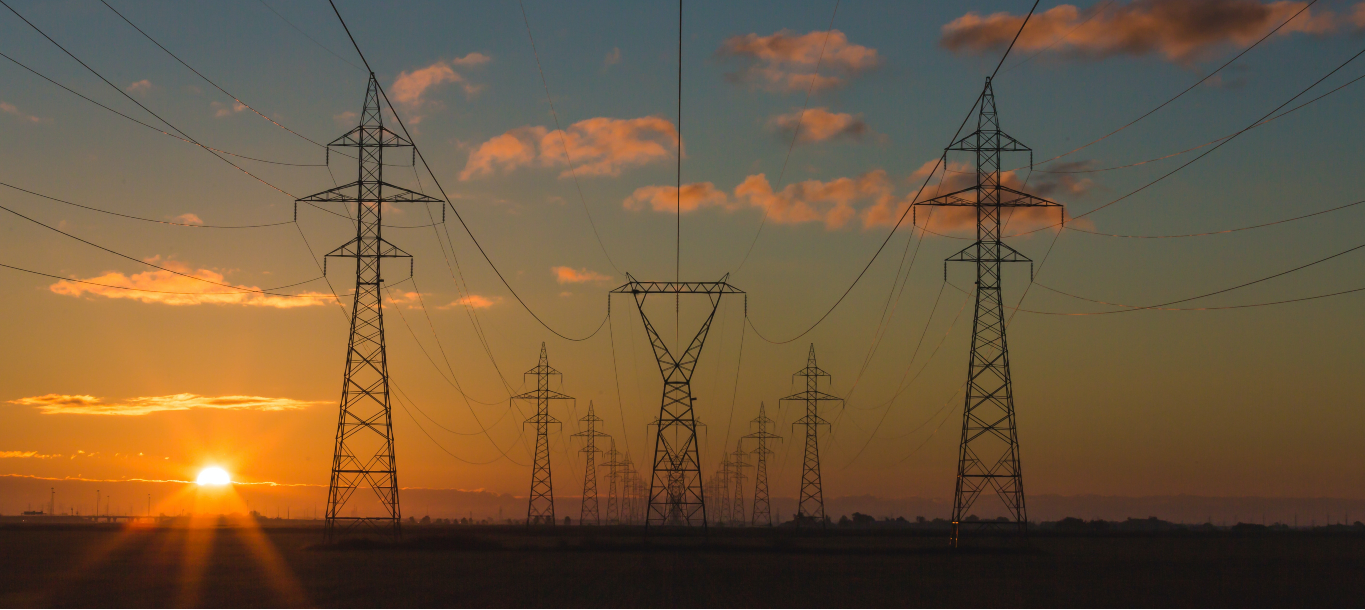What will I learn about Electricity & Electromagnetism in Physics?
Per the national curriculum, KS4 students studying electricity and electromagnetism can expect to learn about:
Electricity:
- Measuring resistance using p.d. and current measurements
- Exploring current, resistance and voltage relationships for different circuit elements; including their graphical representations
- Quantity of charge flowing as the product of current and time
- Drawing circuit diagrams; exploring equivalent resistance for resistors in series
- The domestic a.c. supply; live, neutral and earth mains wires, safety measures
- Power transfer related to p.d. and current, or current and resistance
Magnetism and electromagnetism:
- Exploring the magnetic fields of permanent and induced magnets, and the Earth’s magnetic field, using a compass
- Magnetic effects of currents and how solenoids enhance the effect
- How transformers are used in the national grid and the reasons for their use
What careers are relevant to electricity and electromagnetism?
Electrical Engineer:
Electrical engineers design, develop and maintain electrical systems, ensuring they are as cost-effective, safe and sustainable as possible. As an electrical engineer, you can expect to: assess the feasibility of new projects, draw up project plans and circuit diagrams, ensure projects meet safety regulations, utilise computer-assisted engineering and design software, and test new installations. The equipment designed is used across a range of sectors, including: construction, transport, and renewable energy. To enter the field, you’ll need a degree or apprenticeship in electrical engineering, or a related subject like physics. You’ll also need to pass a colour vision test.
Electricity generation worker:
Electricity generation workers, also known as power plant workers, are responsible for maintaining the equipment in power stations. You’ll spend your time operating machinery, testing equipment to ensure it workers, responding to emergencies (shutting down parts of the station), and collaborating with engineers and contractors. You’ll play a part in ensuring that communities have access to heat and electricity, so it’s a very important role. Although having a degree may give you an edge over other applicants, it's not necessary. You can complete a higher apprenticeship in electrical networks, or a college diploma in electrical engineering.
Electromagnetic engineer:
If you’re particularly interested in electromagnetism, you’ll probably enjoy a career as an electromagnetic engineer. These engineers design and develop electromagnetic devices and systems, such as magnets for MRI’s, electromagnets in loudspeakers, and electromagnetic locks. To do this, you’ll need a good understanding of the principles of electricity and engineering, and an awareness of the regulations surrounding electrical equipment. The enter requirements are similar to those of an electrical engineer: a degree or apprenticeship in electrical engineering or a related field, and a solid understanding of electromagnetism.
